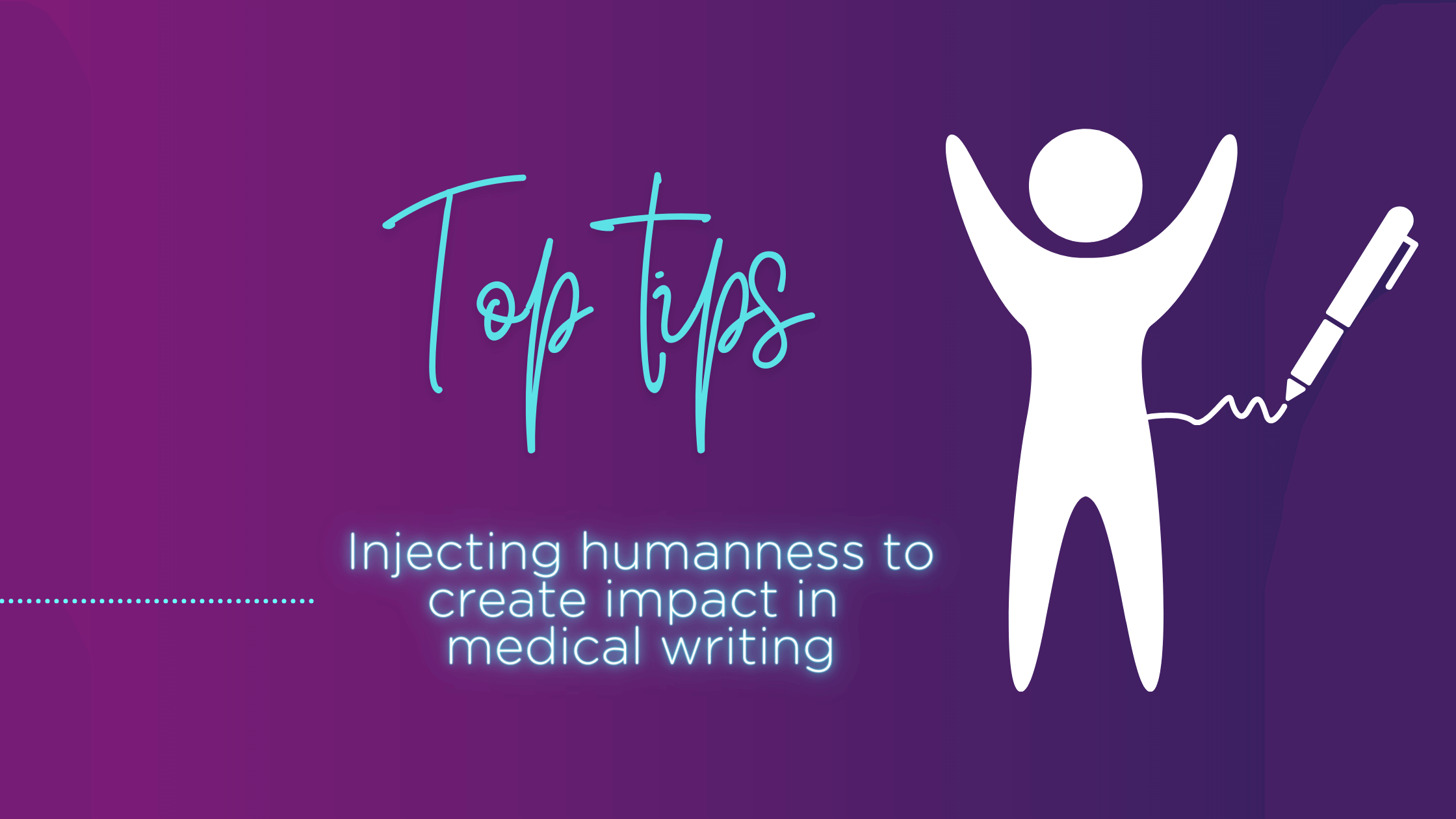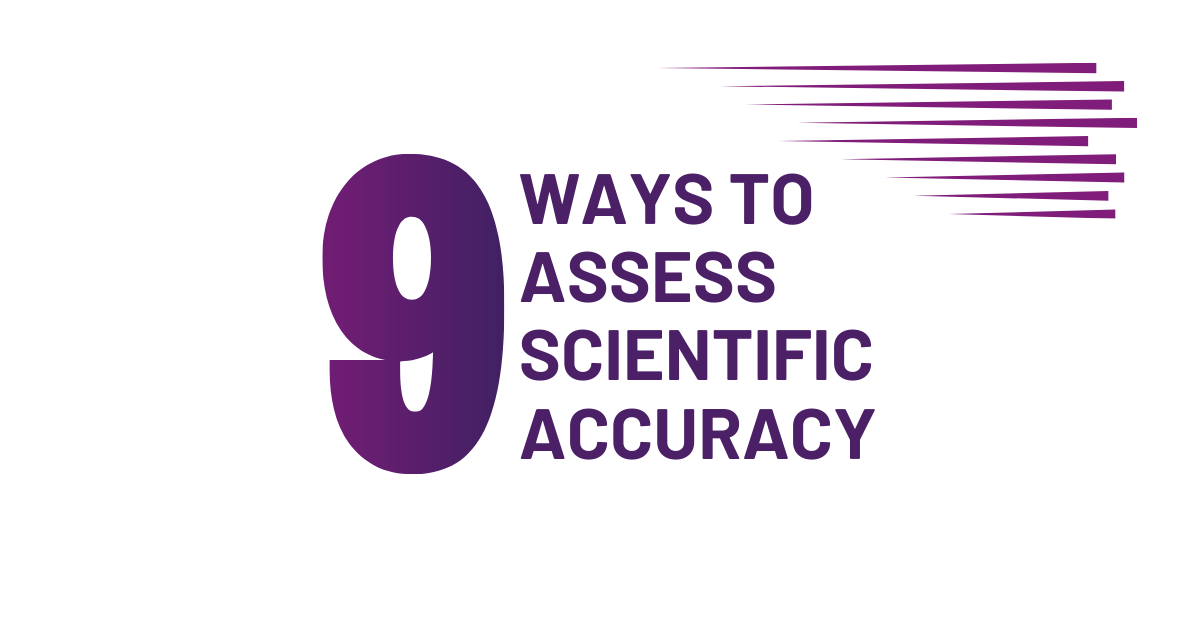I didn’t want to jinx myself by writing this too far in advance, but much like a hastily prepared Oscars speech, I decided to put something together just in case I got my moment on the podium. And after a torturous 8-week wait, I finally discovered that I’d earned my official Certified Medical Publication Professional accreditation (CMPP™ or See-Map, to those of us in the biz), awarded by the International Society for Medical Publications Professionals (ISMPP).
Now I want to share my wisdom and jot down some practical advice for any medical writers looking to gain CMPP™ accreditation. With examination windows opening every six months, now seems as good a time as any to share my steps to CMPP™ success, so here goes…
CMPP™ for the uninitiated
For those of you who have not been all-consumed by thoughts of CMPP™, CMPP™ certification is a formal acknowledgement of a medical publication professional’s expertise. This qualification promotes integrity and excellence in the medical writing profession by demonstrating knowledge of, and adherence to, best-practice standards across the industry. With CMPP™ accreditation, you’ll be recognised as an expert in the medical publications field and enhance your value to employers, colleagues, and clients [1].
What’s not to love? Well, the accreditation process isn’t a walk in the park by any means, but it is worth it when you have that certificate conveniently placed in the background of your Zoom calls!
Check your CMPP™ eligibility status
Much like a swanky nightclub where not everyone makes the cut, ISMPP have strict criteria about who is and isn’t eligible to take the CMPP™ exam. I won’t bore you by listing them all out (and frankly, I don’t want to obliterate my word count) but you can read the full criteria here. In a nutshell, you need to have at least 2−3 years’ experience in publications for eligibility and to prepare you for tackling the exam questions!
Register for the CMPP™ exam
This might sound obvious, but it was the part I found the hardest. CMPP™ accreditation has always been something I wanted to achieve as part of my med comms journey, but when the opportunity came to make it a reality, I’ll admit it, I choked a little. OK, maybe a lot. After months of deliberation and talking myself in and out of it, I finally registered myself to sit the exam on the very last day of the registration window. Talk about down to the wire! It took a lot of psyching myself up (think Rocky montage) before I was ready to accept that not going for it was the same as failing. From that moment on, I vowed to be all in. It was a big commitment, but I wanted to give it absolutely everything I had or else die trying.
For anyone interested, you can only sit the exam twice a year in March or September, after pre-registering at least 4 weeks in advance of the testing window [2]. Once you’ve got yourself into the right mindset, you just have to go for it!
Make a revision plan
Believe me when I say that the test date can come around quicker than your Nan hurtling through Aldi’s ‘Special Buys’ aisle! I deliberately picked a test date on the very last day of the testing window, giving myself as much time as possible to prepare. But getting started is daunting, especially when you first clap eyes on the ISMPP reading lists (I’ll get to that part in a minute)! That’s where the planning comes in.
Before you do anything, make a realistic plan for fitting in revision. I have children, so my time after work was limited and I had to take more of a “little and often” approach. So, I studied in short bursts each evening and some weekends over 3−4 months, with longer sessions where I could fit them in.
Also, I was extremely lucky that Word Monster allowed me to fit study time around client work. I downloaded and saved all my intended reading materials and then worked from my iPad. Each time I read something, I would annotate and save it in a folder marked “Read”. This really helped me mentally, as I could see the “Still to Read” folder dwindling down and the “Read” folder gradually filling up. And having everything saved on my iPad meant I could continue my reading on the go, or whenever I found myself with a spare 5−10 mins.
Once I had my revision plan, I worked out how much time I had from registering to sitting the exam. Then I planned targets for how far I needed to have progressed through the reading lists at certain key dates. Doing this meant I knew I was on track to get through it all.
Get stuck into the ISMPP reading list

The ISMPP website has a critical reading list to help you with exam prep. It covers three main themes: developing a publication plan, implementing a publication plan, and fostering ethical and compliant behaviour in publications. Read it all. Twice. Then read it again. Oh, and just for fun, they also have an additional reading list and a list of useful websites…. Read those too.
This might seem exhaustive but focus on the positives. Rather than having to stumble round in the dark looking for a needle in a big old haystack, your reading is already somewhat targeted (thanks ISMPP!). Use the provided resources as a guide for the minimum reading you need to do, and then springboard off that to fill in any gaps in your knowledge. You’ll find that you already know so much more than you think from your day-to-day publications experience!
And if you’re still thirsty for more, ISMPP also have some great additional resources for members, such as webinars, Q&A threads, and access to some of the sessions from their annual meetings. I was lucky enough to have been able to attend the Annual European ISMPP meeting in person in January 2023 and it was EPIC! I would highly recommend attending an ISMPP meeting in preparation for your exam if you can. Being part of the conversation around key issues helps everything you’re reading click into place, and provides insight into cutting edge industry thinking, which might not be captured in the reading list. And since we’re on that note…
Stay up to date with med comms and publications trends
Don’t make the mistake of assuming that the industry will hit pause while you revise and sit your exam. The med comms industry, particularly publications, is evolving rapidly. From AI and ChatGPT, to digital content and patient involvement, it’s important to keep an eye on emerging trends and how they might affect current guidelines. And make sure that any resources that you lean on for revision haven’t been recently updated (yes GPP 2022 guidelines, I’m talking about you!).
Live webinars are a brilliant opportunity to ask an expert about anything that’s changed, or about areas of compliance that are just too complex to wrap your head round. They also offer a much-needed break from endless reading. Peter Llewellyn provides a great range of free weekly webinars, covering many of the most recent trends in med comms — if you don’t already follow him on LinkedIn, start now!
Network with the med comms community
Make a start expanding your network by reaching out to people who have either sat the CMPP™ exam or who are in the same boat as you. Talk to them about their experiences and lean on their expertise. I’m not too proud to admit that I reached out to a few of my LinkedIn connections in the build up to the exam, in need of a few well-placed words of encouragement. Thankfully, there are a lot of brilliant people in our industry willing to help. Getting trigger happy with the LinkedIn “connect” button also meant I had access to a great network of thought leaders and pioneers in the med comms community, who I could observe and learn from just by following their posts.
Be CMPP™ prepared
So, before we get to the actual day itself, let’s chat about the final weeks/days before your exam. During this time, you’ll receive an email from Pearson’s Test Centre (or equivalent, depending on where you’re located), giving you the low-down on everything you need to do before the exam and on the day itself from a logistical perspective. Pay attention to this email — their requirements are a little regimented! I had to order a new driver’s licence with my married name weeks in advance to ensure that my photo ID matched the name I’d registered with.
Make yourself a short checklist of everything you need to have with you on the day, then tick it off on the morning of the exam. And it might seem obvious, but plan your route, including where you’ll park. If you miss your test slot because you’re late, they may not allow you to sit your exam. That means all your months of hard work potentially down the drain, along with your test fee! If you’re taking the test online, make sure you’re fully clued up on what system requirements you might need before you try to log in to the test portal. You do not need your laptop to suddenly start to crash because of a “vital” update that’ll take 2,467 minutes to complete. There’s also a load of handy information in the ISMPP CMPP™ Candidate handbook to help you prepare in those final stages.
Be a medical writing exam pro
After all the blood, sweat, and tears, the big day is finally here! By this point, I was a dizzying mix of nerves and pure “Eye of the Tiger” vibes. I knew I’d worked as hard as I could, and I was ready to smash it by this point. Come exam day, you’ve done all the studying you can do, so no last-minute cramming in the car. Instead, focus on getting your head in the game and putting on your best “I can, and I will” mindset, even if you have to fake it!
The exam is taken on a computer screen, where you answer 150 multiple-choice questions over 3 hours, no breaks. You need a calm, clear focus to get you through. Oh, and if you want to pass, you need to score around 80% — no pressure! The good thing is that your answers are not locked down until you click the “submit test” button at the end. Before that, you can flick back and forth between questions, leave some blank, change answers, and place electronic flags on questions that you want to go over again.
In need of publication support?
Our pubs pros have got you covered! Click here for more details on our publications service.
References
- ISMPP benefits and testimonials. Available at: https://www.ismpp.org/benefits. Accessed February 2024.
- Examination details and preparation. Available at: https://www.ismpp.org/exam-details. Accessed February 2024.



